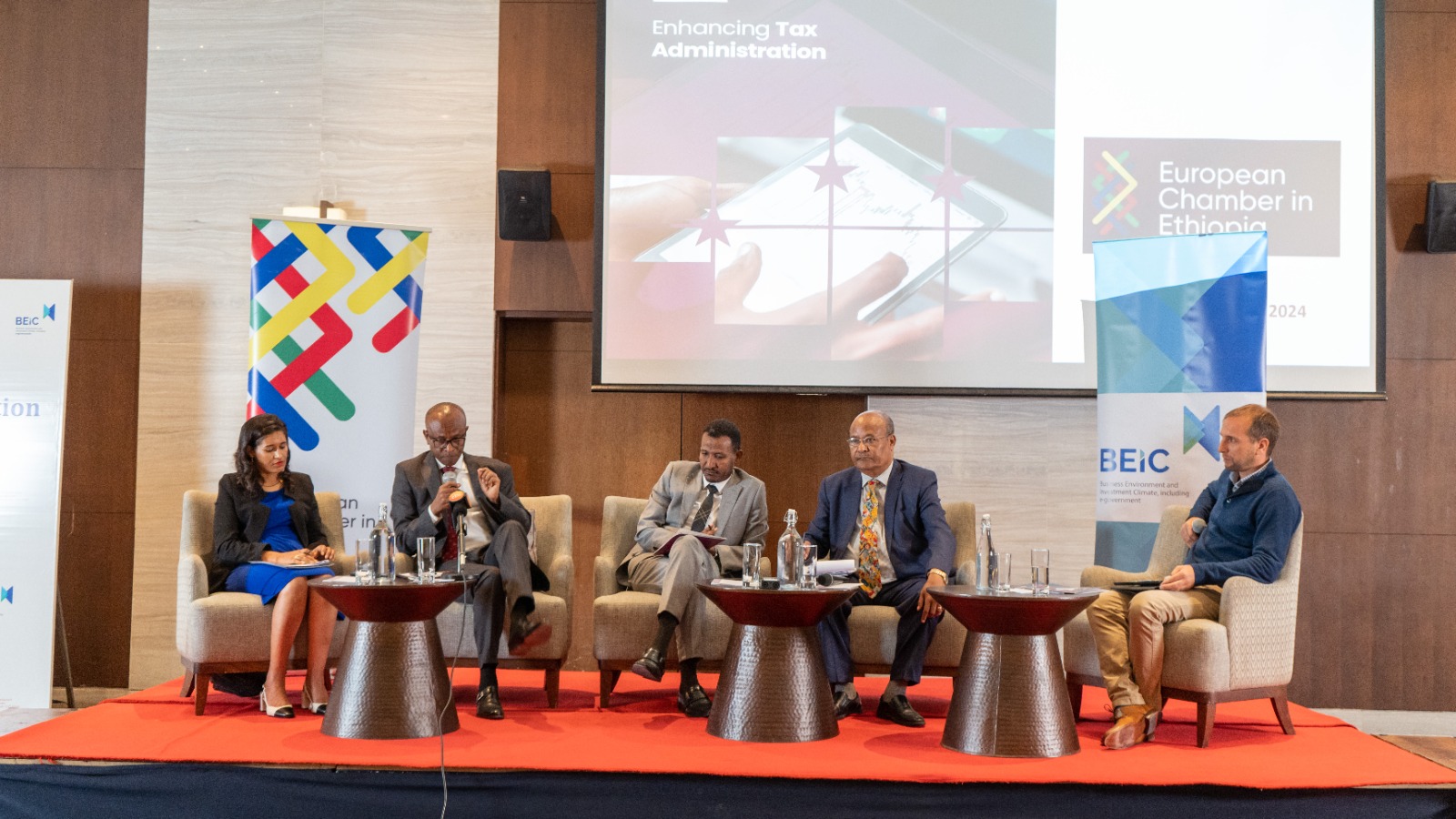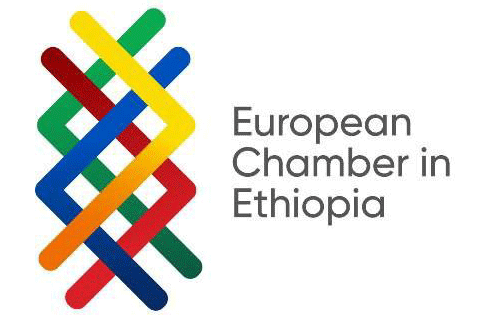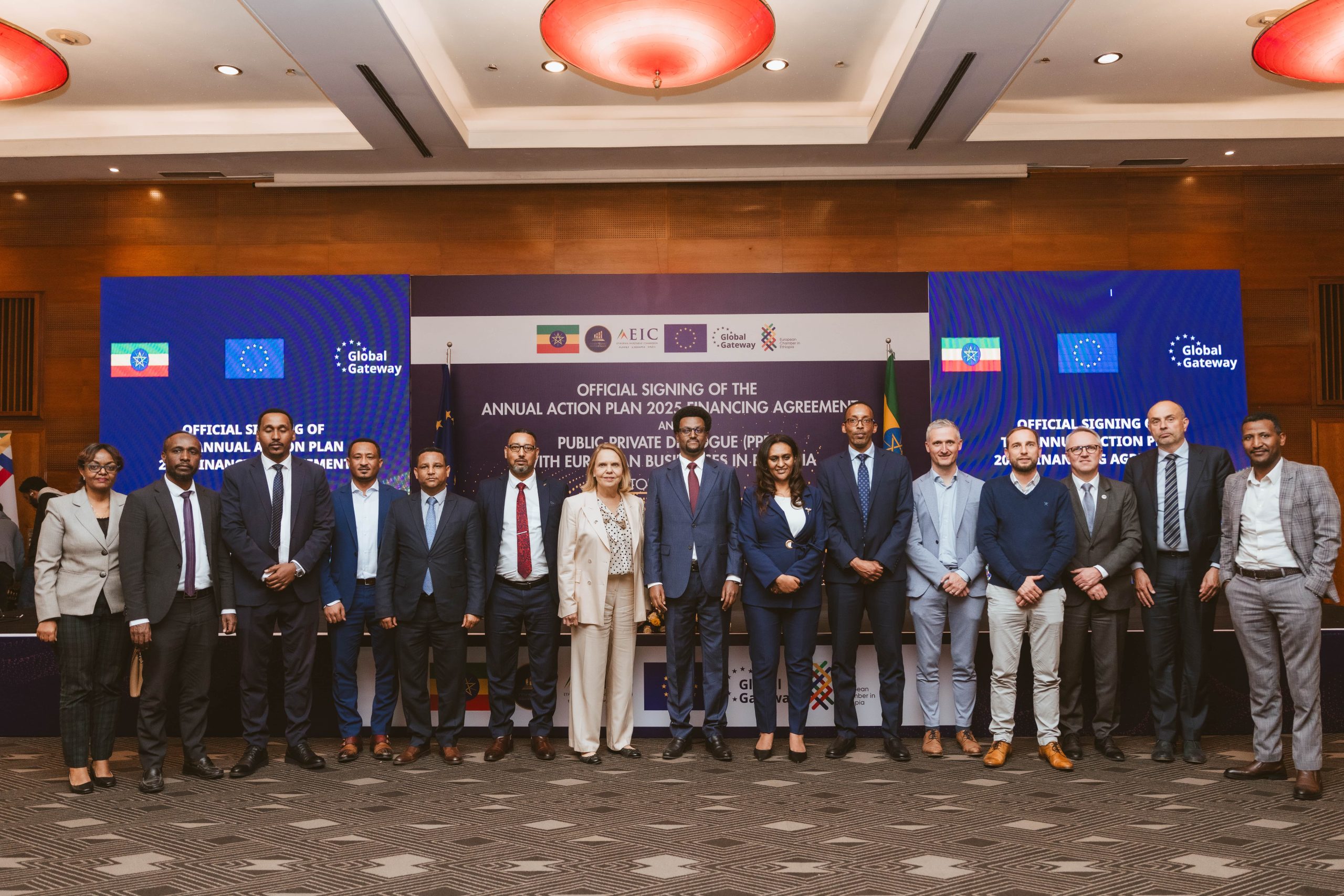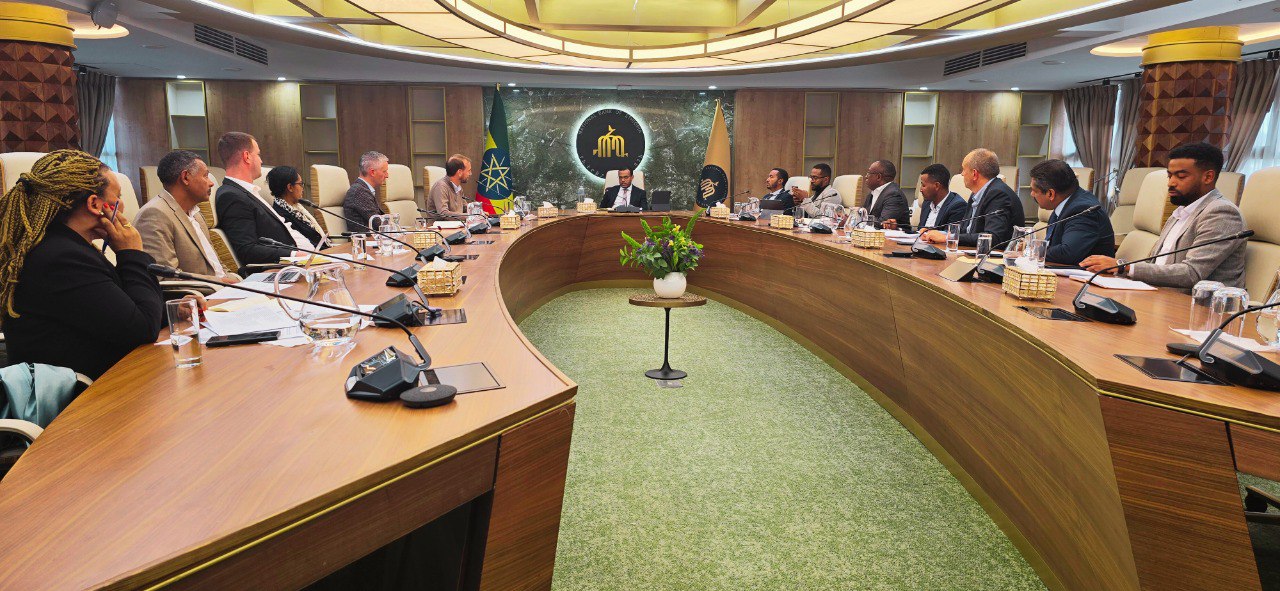
The European Chamber in Ethiopia launches a Policy Brief on Enhancing Tax Administration in Ethiopia
[Addis Ababa, April 25, 2024] – The European Chamber in Ethiopia announces the launch of a policy brief focusing on enhancing tax administration in Ethiopia. The Policy Brief encapsulates a thorough analysis of the hurdles confronted by the private sector in the country’s tax administration process. It proposes recommendations on addressing tax-related issues, with a specific focus on improving predictability, correcting misinterpretation of laws, and enhancing auditing procedures for corporations. The Policy Brief was produced by the European Chamber in Ethiopia in collaboration with the EU funded Technical Assistance for Business Environment and Investment Climate, including e-government (BEIC) project.
Some of the key challenges incorporated in the document highlight that inconsistencies in tax directives from various government agencies such as the Ministry of Finance, Ministry of Revenues and the Ethiopian Investment Commission create confusion, while repetitive audits and inconsistent assessment techniques lead to unpredictable outcomes in what tax cases are accepted or rejected. The unrestricted authority of tax auditors, coupled with their lack of expertise in specific industries and international tax treaties, further complicates the process for businesses. Accessing updated tax information on the tax office website is unreliable, and the quality oversight of tax audits remains unclear. Compounding the financial burden, companies must also grapple with the requirement of a 50% deposit of their tax claim to appeal decisions with the Ethiopian Federal Appeal Commission. This hefty sum adds to the frustration caused by tax audits that treat all businesses identically, regardless of their past tax compliance record.
In its recommendations to the government, the Policy Brief pushes for a reformed tax environment in Ethiopia. To achieve this, close collaboration between the Ministry of Finance and relevant agencies is paramount, ensuring clear and consistent tax directives. Standardized audit programs, complete with industry-specific manuals, are crucial alongside comprehensive training to auditors. Taxpayer involvement in ensuring these standards accurately reflect industry realities and ranking taxpayers based on their compliance and fast-tracking services, would further strengthen the system.
The Policy Brief also calls for a fairer and more transparent tax administration process. This can be achieved by reducing the burdensome appeal deposit, shifting the focus of audits towards compliance rather than solely revenue collection, setting realistic targets for auditors, and implementing clear mechanisms to hold them accountable. Upgrading the electronic filing and payment system, establishing clear guidelines for expense acceptance, and learning from successful tax administration models like those in South Africa, Morocco, and Kenya, or through tools like Tax Administration Diagnostic Assessment Tool (TADAT), have also been put forward as valuable tools in achieving these goals.
The insights and suggestions stem from an extensive research endeavour encompassing an online survey, one-to-one semi structured interviews, and focus group discussions with key stakeholders hailing from ministries, business associations, investors, and academia. The objective is to identify challenges faced by the private sector, in relation to tax administration, thereby creating a conducive environment for private sector growth and attracting foreign investment to Ethiopia.
The policy brief was launched on April 25, 2024 at Hyatt Regency with the attendance of the Ethiopian Investment Commission Commissioner H.E. Ms. Hanna Areyaselassie, EU Ambassador to Ethiopia H.E. Roland Kobia, Board Chairman of the European Chamber in Ethiopia Ben Depraetere, and other high ranking government officials.
latest News
EuroCham Launches a New Office and FDI Incubation Center
February 1, 2026
EU and EuroCham Sign Grant to Boost Ethiopia’s FDI competitiveness
November 22, 2025
EuroCham Networking Event Discusses New Income Tax Law
October 22, 2025
EuroCham Urges Reconsideration of EUDR Timeline
September 29, 2025
EuroCham Conducted Technical Discussions with Outgoing NBE Governor
September 17, 2025






